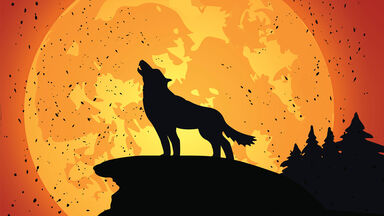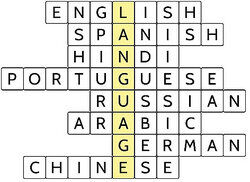Fang Definition
Other Word Forms of Fang
Noun
Origin of Fang
-
From Middle English fang, feng (“a catching, capture, seizing”), from Old English fang, feng (“grip, embrace, grasp, grasping, capture, prey, booty, plunder”), from Proto-Germanic *fangą, *fangiz, *fanhiz (“catch, catching, seizure”), from *fanhaną (“to catch, capture”), from Proto-Indo-European *ph₂ǵ- (“to fasten”). Cognate with Scots fang (“that which is taken, capture, catch, prey, booty”), Dutch vang (“a catch”), Low German fangst (“a catch”), German Fang (“a catch, capture, booty”), Swedish fång, fångst, Icelandic fang. Related also to Latin pangere (“to solidify, drive in”), Albanian mpij (“to benumb, stiffen”), Ancient Greek πήγνυμι (pḗgnumi, “to stiffen, firm up”), Sanskrit पाशयति (pāśáyati, “(s)he binds”).
From Wiktionary
-
From Middle English fangen, from Old English fōn (“to take, grasp, seize, catch, capture, make prisoner, receive, accept, assume, undertake, meet with, encounter”), and Old Norse fanga (“to fetch, capture”), both from Proto-Germanic *fanhaną, *fangōną (“to catch, capture”), from Proto-Indo-European *ph₂ḱ- (“to fasten, place”). Cognate with West Frisian fange (“to catch”), Dutch vangen (“to catch”), German fangen (“to catch”), Danish fange (“to catch”), Albanian peng (“to hinder, hold captive”).
From Wiktionary
-
From an abbreviation of fangtooth, from Middle English *fangtooth, *fengtooth, from Old English fængtōþ, fengtōþ (“canine tooth”, literally “catch-tooth”). Cognate with German Fangzahn (“fang”, literally “catch-tooth”) and Dutch vangtand.
From Wiktionary
-
Middle English booty, spoils, something seized from Old English pag- in Indo-European roots
From American Heritage Dictionary of the English Language, 5th Edition
Fang Is Also Mentioned In
Find Similar Words
Find similar words to fang using the buttons below.





